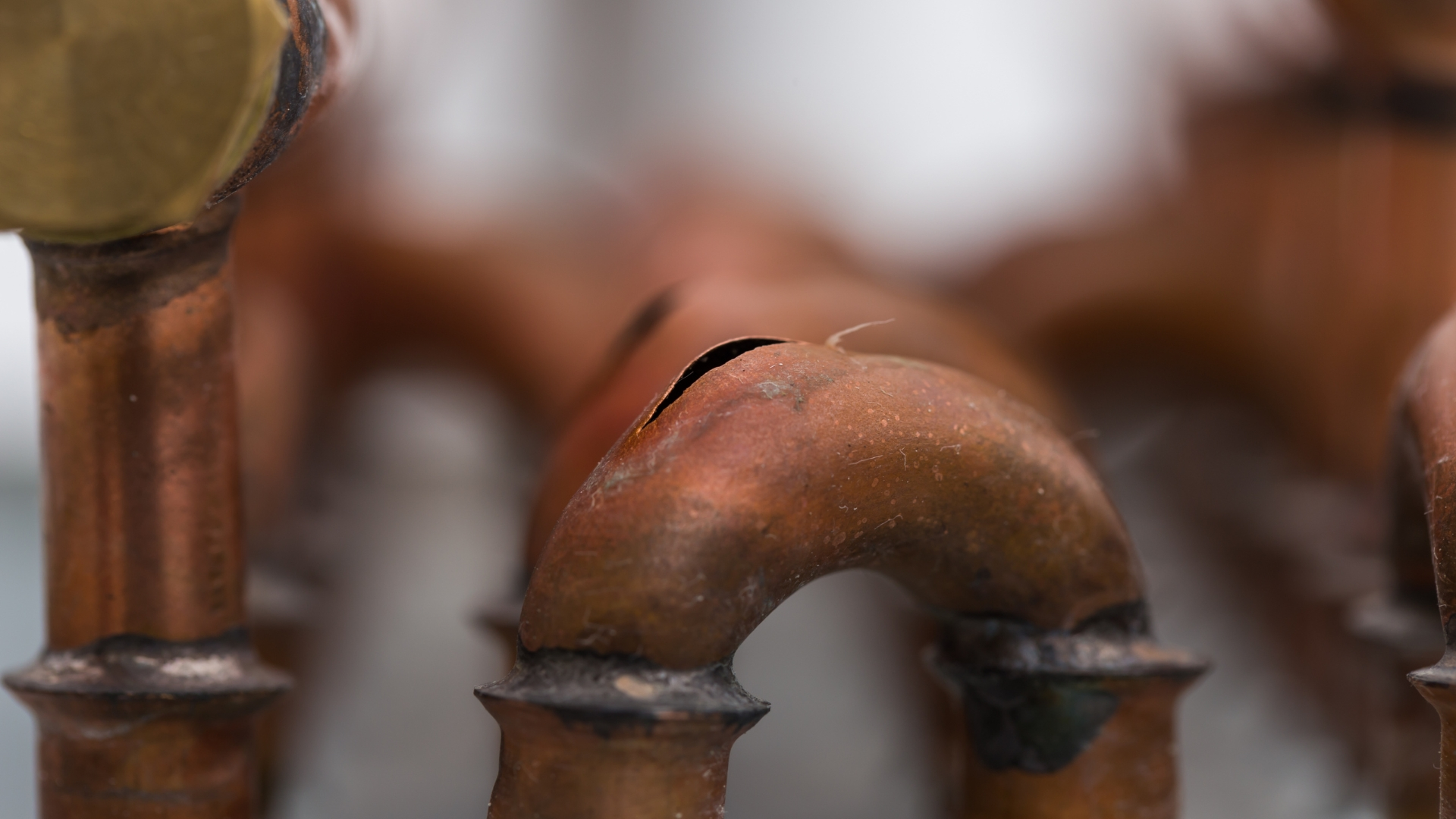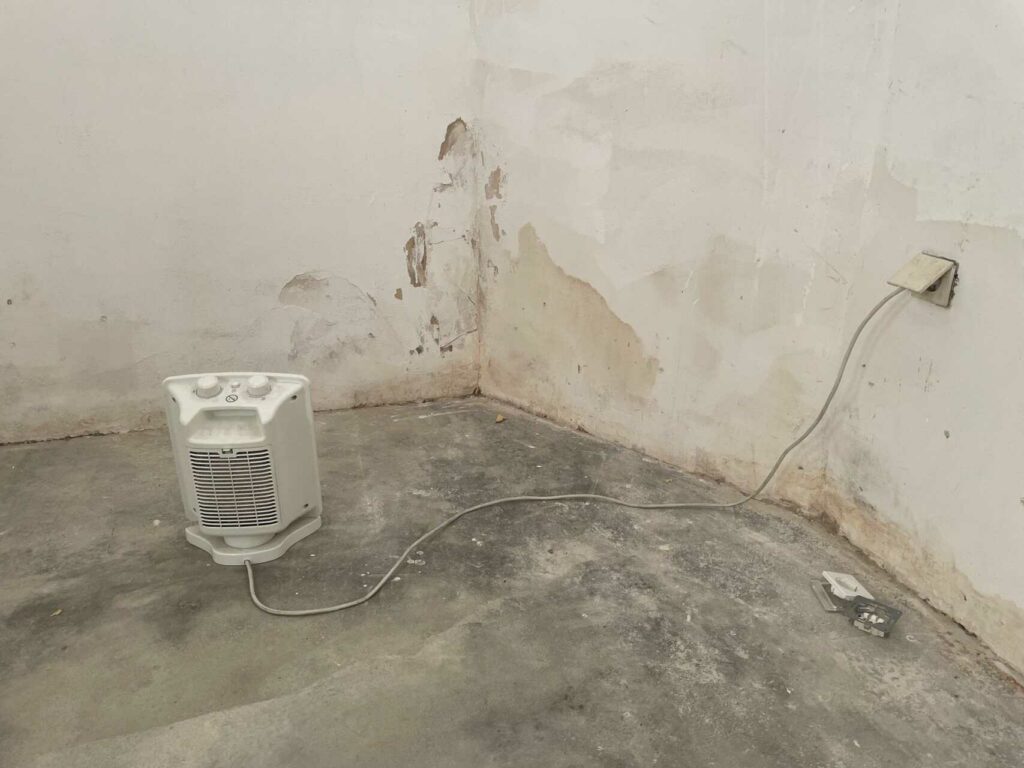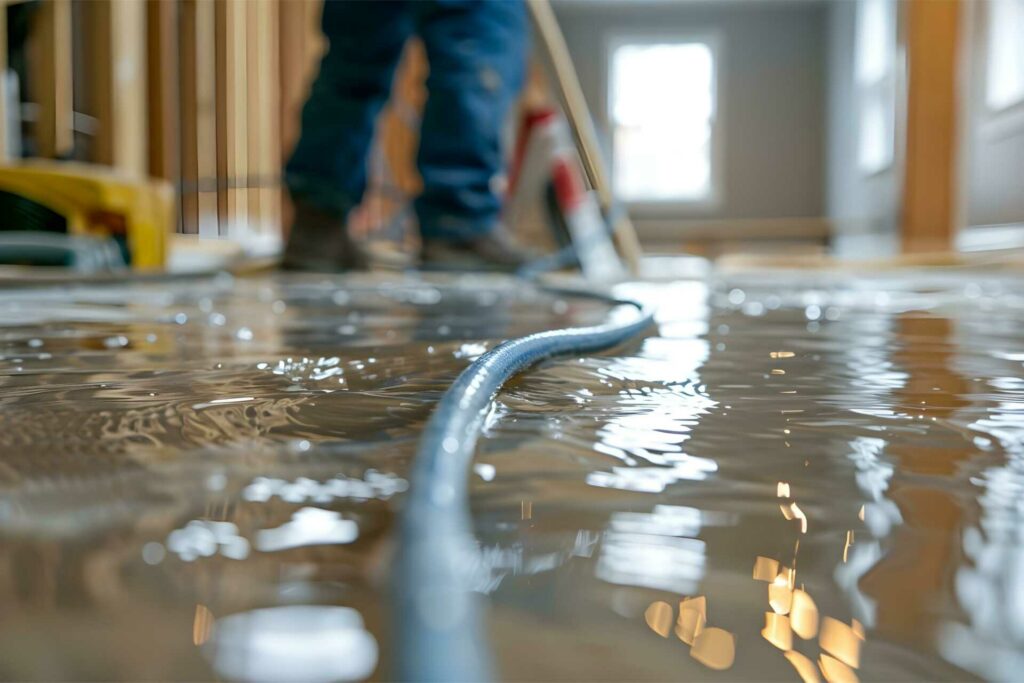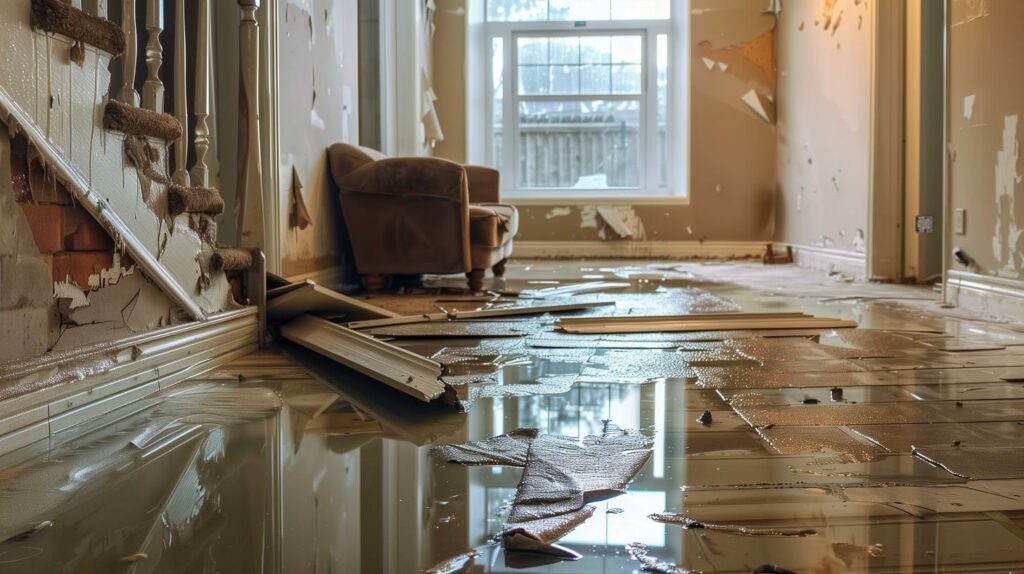Contents
If your home has a sewage backup issue, staying in the house is generally not recommended. However, this does depend on the extent of the damage.
Sometimes, it might just be a little sewage coming up through the sink or the flush. If so, close off that area and don’t use the kitchen or bathroom. In other cases, it might be severe where the sewage is backing up through the piping and overflowing into the kitchen or bathroom. In such an extreme situation, it is risky to stay in the house. Ideally, you should leave the house and contact a professional to help with the sewage problem.
Sewage Backup Problems
Sewage contains a range of parasites, bacteria, viruses, and other illness-causing agents. Backup can happen with your gray water drains and white water drains. Both drains are used to transport waste material and are home to a lot of harmful elements. Exposure to sewage water backing up in the house will cause a range of different medical problems. This can quickly become a significant health concern. The best strategy is to protect yourself from any contact or exposure to this water.
Get in touch with a professional team to determine what is causing the water to back up. After properly evaluating the situation, the team will inform you whether the water is safe and how the issue can be resolved. They will help find the source of the blockage and also advise you on how it can be cleared. If it is a minor issue and the water is not a major safety hazard, you might do this on your own. However, you will need professionals to resolve the situation for more complicated cases or situations where the water is unsafe to touch.
What Causes Sewage Backup?
Sewage backups happen when there is a blockage in the pipeline and water comes back through the plumbing into the house rather than draining into the main sewage line. Things like soap scum, grease, hair, cotton wipes, pampers, and other items that cannot be broken down by water clog the piping.
The sewage pipes can collapse and block the passage if you live in an older home. Older homes with steel pipes also develop blockages because of excess deposits on the inner side of the pipes. Steel pipes rust and develop holes and tears from where external materials like soil and cement enter the pipeline and cause blockages. Similarly, if your sewage pipes pass through a garden, the roots of trees can also break into sewage piping, clogging it, or the roots can crush the line, causing sewage backups in the home.
What to Do If Your Sewer Backs Up?
If you are dealing with sewage backups in more than one area of the home, the main sewage line is clogged, which will require professional assistance. If you have a single sink or bathroom blockage, it is likely only a local problem with that drain and will be solved relatively easily. The best way to keep your plumbing working smoothly is not to throw garbage down the toilet. Keeping a wastebasket beside the toilet would be a good idea to encourage its use. Also, keep a noticeable sign in the bathroom reminding users not to throw materials down the toilet.
Children often throw their toys and random things down the toilet, blocking the drain. Teach your children how to properly use the bathroom, and make sure you clean the toilets frequently to help keep the water flowing freely.
Look at our directory of fantastic home service professionals and call them to find out if they are the right fit for you!




